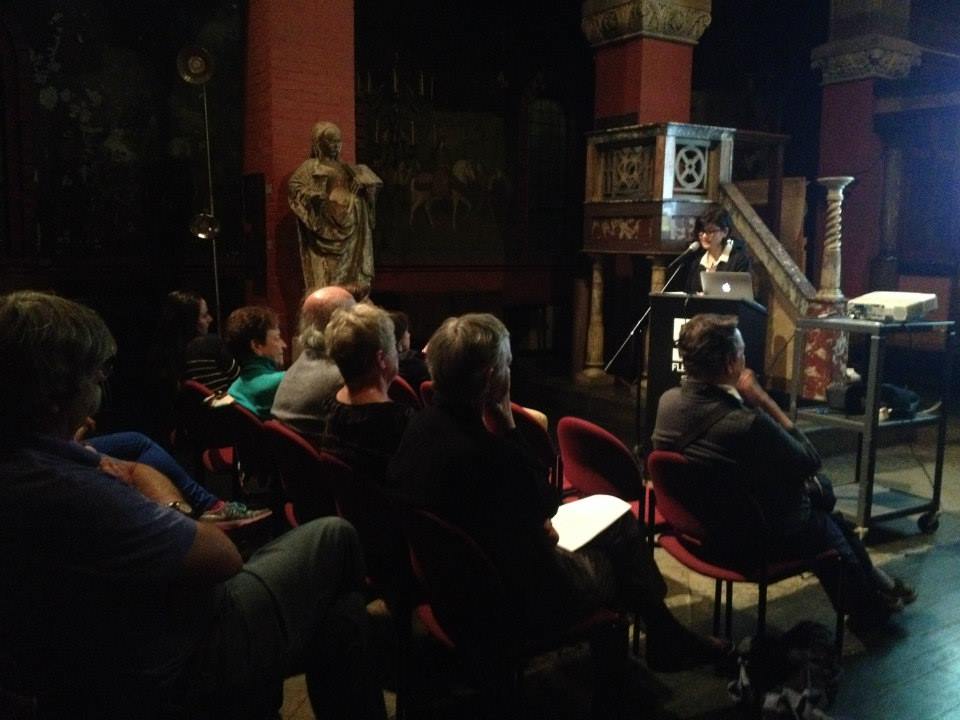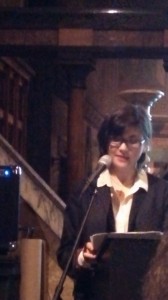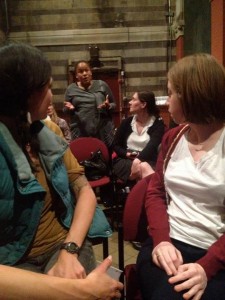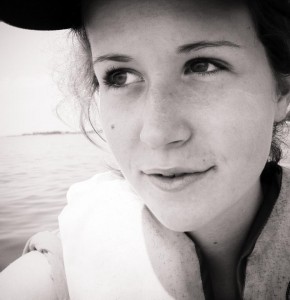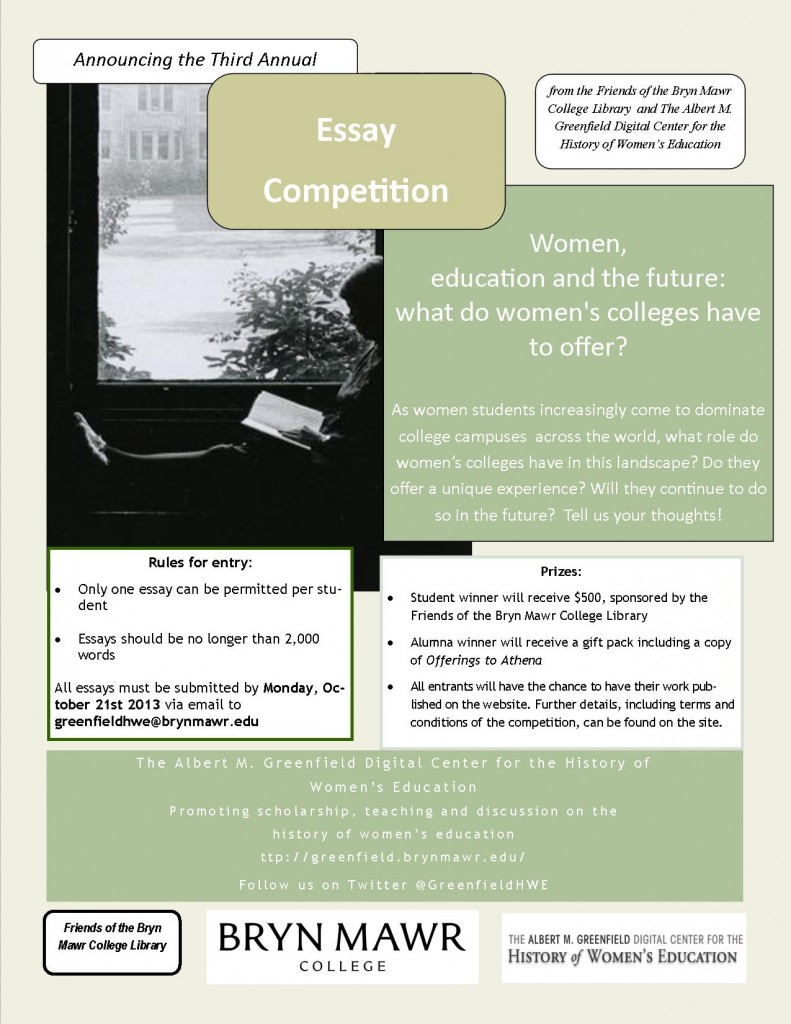It’s time for a history of women’s education quiz!
(in honor of finals week)
- In their early years, which two Seven Sisters schools required domestic work as part of their students’ education in order to maintain femininity and prevent them from being perceived as unmarriagable?
- Which school is credited with starting women’s basketball in 1892, less than a year after the game was invented for men?
- When one school began to pursue a full college charter, it was vehemently opposed by then president of Bryn Mawr, M. Carey Thomas, who considered it to be the only real competition to Bryn Mawr’s formidable academic standard. Which school posed the perceived threat?
- Which school was the first and only to hire an all-female faculty upon its founding?
- From its beginnings, one school was known for a much more ethnically, religiously, and politically diverse student body than those of the others due to its urban environment and its lower tuition. Can you name the institution?Answers at the bottom of the post, and in the lecture video below!
These were among the new facts that I learned while researching for a talk on the history of the Seven Sisters Colleges, which I delivered to a group of alumnae/i from the Seven Sisters Alumnae Clubs of Philadelphia at the Fleisher Art Memorial on April 22nd. The event was organized by Erin Rocchio (MHC ’06), the president of the Mount Holyoke College Club of Philadelphia, and hosted by Elizabeth Grimaldi (BMC ’03), executive director of Fleisher. We had over sixty attendees, representing a dynamic and intergenerational group of Seven Sisters graduates.
It was a challenge to squeeze such a fascinating history into a single hour: each school has a unique story of its own, and I struggled to choose which details to omit. However, rather than focusing closely on individual schools, my goal was to show the ways in which all seven evolved together both in relation to each other and to the shifting cultural environment that surrounded them. The mid- and late-nineteenth century, which forms the backdrop against which the schools were launched, was a time of deep skepticism regarding women’s intellect. The climate gradually changed as the experiment of college education for women successfully navigated its first few years and mainstream culture began to embrace the idea. However, the twentieth century brought its own complex mixture of advances in women’s rights (such as the victory of the suffrage movement) and new barriers to women’s equality, some of which precipitated directly from the schools’ initial success. It is a very interesting history (in my opinion!) and I enjoyed researching the details of the schools’ foundings in addition to the ways that their identities developed in contrast to one another.
I was delighted to be able to talk to the alumnae/i about this history, and to hold a dialogue about issues facing institutions for women’s education in the present day. I synced the slides from my Prezi presentation with audio from the talk, which you can view and listen to below. You can listen to most of the talk** below, where it is synced with the slides from my Prezi presentation. Look for a brief cameo from Lisa Simpson towards the beginning! As always, please contribute your thoughts on the history, present, or future of women’s education in the comments.
http://www.viddler.com/v/8475189b
Quiz answers!
1. Mount Holyoke and Vassar
2. Smith College
3. Radcliffe College
4. Wellesley College
5. Barnard College
*Since the audio recording is clipped due to sound clarity in the beginning, my credits were omitted: the talk drew on many sources but relied most heavily on the excellent and informative Alma Mater: Design and Experience in the Women’s Colleges From Their Nineteenth-Century Beginnings to the 1930s, (Beacon Press, 1984) by Helen Lefkowitz Horowitz.
**The battery from the recorder unfortunately cut out before the discussion ended, but the first few minutes of dialogue are captured.
